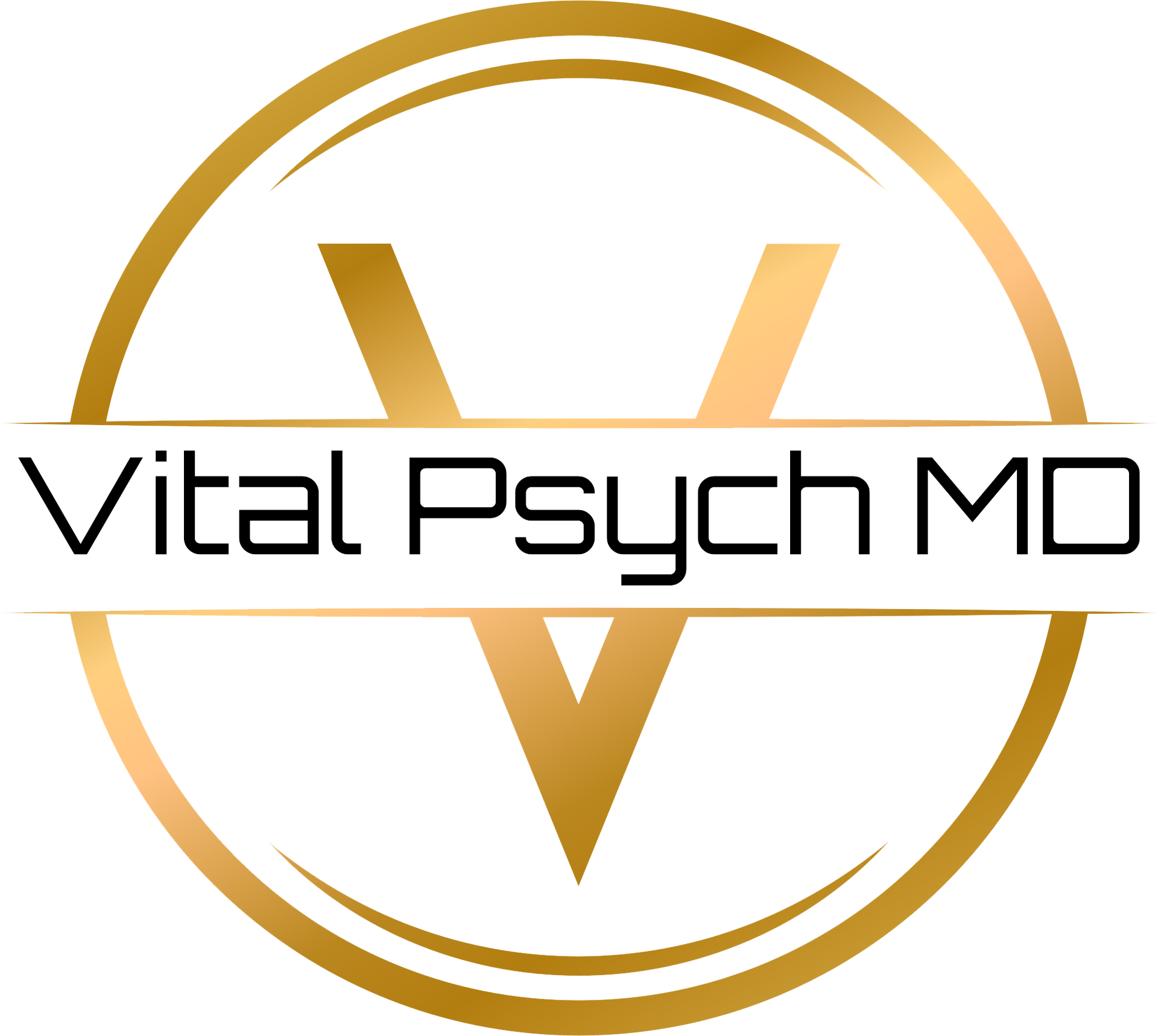Navigating the Maze of ADD and ADHD for Improved Living
The world of Attention Deficit Disorder (ADD) and Attention Deficit Hyperactivity Disorder (ADHD) can often feel like a tangled web, difficult to unravel. These conditions are more than just the inability to focus. They encompass a spectrum of symptoms that affect various aspects of life, from personal relationships to professional achievements. For adults with ADHD, parents, young adults, and professionals, understanding these disorders is crucial for effective management and thriving in daily life.
Whether you’re personally living with ADHD or supporting someone who is, this blog is designed to provide valuable insights and resources.
ADD and ADHD are common neurodevelopmental disorders characterized by patterns of inattention, hyperactivity, and impulsivity. While both terms are often used interchangeably, ADHD is the official medical diagnosis. ADD is typically used to describe a type of ADHD where hyperactivity isn’t present. These disorders affect millions worldwide, with varying degrees of severity and symptom profiles.
The prevalence of ADHD among children is well-documented, but it’s important to note that these symptoms often persist into adulthood. The challenges may manifest differently but can be equally impactful. ADHD affects various life areas, including academics, work, and relationships. Students may struggle with time management and focus, while adults in the workplace face challenges with deadlines and distractions. ADHD symptoms, such as impulsivity, can impact relationships, leading to misunderstandings. Understanding ADD and ADHD begins with recognizing that they are legitimate medical conditions affecting brain function and behavior, not mere personality traits or behavioral issues.
The Importance of Early Diagnosis and the Diagnostic Process
Early diagnosis of ADHD is essential for effective intervention and support. Accurate diagnosis allows individuals and families to understand the specific challenges and begin appropriate treatment plans. The diagnostic process for ADHD is comprehensive and typically involves a multidisciplinary approach.
The process often starts with a detailed medical and family history, followed by behavioral assessments and interviews with parents, teachers, or colleagues. Healthcare professionals use standardized rating scales and observe behaviors in various settings to gain a comprehensive understanding of the individual’s challenges.
An accurate ADHD diagnosis also involves ruling out other conditions that may mimic ADHD symptoms, such as anxiety, depression, or learning disabilities. This comprehensive evaluation ensures that individuals receive the correct diagnosis and tailored interventions.
Early diagnosis not only alleviates the difficulties associated with ADHD but also empowers individuals and families to advocate for necessary accommodations and support. It sets the foundation for a proactive approach to managing the disorder and achieving success in various life domains.
Treatment Options: Medication, Therapy, and Lifestyle Changes
ADHD treatment options are diverse and must be tailored to each individual’s needs. Medication is often a primary component of treatment, with stimulants like methylphenidate and amphetamines showing significant efficacy in managing symptoms. Non-stimulant medications may also be prescribed, depending on individual responses and preferences.
Behavioral therapy is another critical component of ADHD treatment. Cognitive-behavioral therapy (CBT) helps individuals develop coping strategies, improve problem-solving skills, and manage impulsive behaviors. Family therapy can also be beneficial in improving communication and understanding within the family unit.
Lifestyle changes play a significant role in managing ADHD symptoms. Regular physical activity, a balanced diet, and adequate sleep are essential for overall health and can positively impact attention and mood. Mindfulness practices, such as meditation and yoga, can help reduce stress and enhance focus.
A holistic approach to treatment that combines medication, therapy, and lifestyle modifications often yields the best outcomes. Individuals are encouraged to work closely with healthcare providers to identify the most effective strategies for their unique circumstances.
Living and Thriving with ADD/ADHD
Living with ADHD presents unique challenges, but it also offers opportunities for growth and self-discovery. Many individuals with ADHD possess creativity, resilience, and adaptability that can be harnessed for personal and professional success.
Self-awareness and self-advocacy are crucial skills for thriving with ADHD. Understanding one’s strengths and challenges allows individuals to seek appropriate resources and accommodations. Developing healthy coping strategies, such as mindfulness and time management techniques, can enhance daily functioning.
Building a supportive network is essential. Connecting with others who understand and share similar experiences can provide validation and encouragement. Support groups, online forums, and professional counseling can offer valuable insights and foster a sense of community.
Understanding ADD and ADHD is essential for individuals, families, and communities to provide effective support and create inclusive environments. By recognizing the symptoms, seeking early diagnosis, and exploring comprehensive treatment options, individuals with ADHD can achieve their personal and professional aspirations.
For personalized guidance and support, contact us to schedule a consultation. Our experts are here to help you or your loved one navigate the complexities of ADHD and find the path to success.










Connect With Us
PHONE
BUSINESS HOURS
Monday to Friday 9 am - 5 pm EST

We provide high quality comprehensive mental heath care to individuals ages 6 and up. The company was founded by Dr. Kalvin Kapoors in 2022 in Miami, FL and is now able to offer services in several states in the US with sattlite offices in NYC and Austin, Texas.
Vital Psych MD Miami
66 West Flagler Street, Suite 900,
Miami, Florida 33130, United States
Vital Psych MD New York
167 Madison Avenue, Suite 205,
New York, New York 10016, United States
(347) 676-0093
